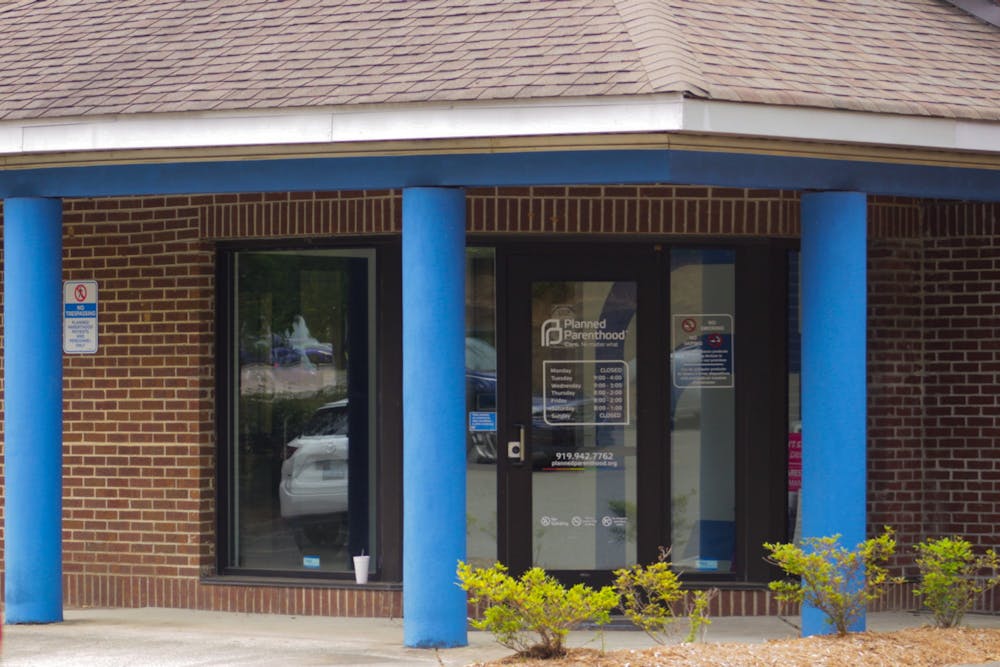On May 16, a supermajority of both houses of the N.C. General Assembly voted to override Gov. Roy Cooper’s veto of Senate Bill 20 — a 12-week abortion ban with some exceptions.
The law, most of which goes into effect on July 1, prohibits most abortions after 12 weeks of pregnancy and medication abortion after 10 weeks of pregnancy.
The law says that an abortion can be performed at any time during the pregnancy when a physician determines there is a medical emergency, through week 20 if the pregnancy is the result of rape or incest and during the first 24 weeks if a physician determines there is a life-limiting anomaly for the fetus.
During the first 12 weeks of pregnancy, an abortion must be performed by a state-licensed physician in a hospital, ambulatory surgical center or clinic certified by the N.C. Department of Health and Human Services.
To proceed with a medical abortion, patients are now required to wait 72 hours after their doctor informs them — in person — of the information in the consent form.
N.C. Rep. Allen Buansi (D-Orange) said that the legislation includes restrictions that threaten to close abortion clinics across the state.
He also said the law includes standards, physician and facility licenses, that would not allow any currently operating abortion clinics to stay open.
“If this law were to go into effect today — it actually goes into effect on July 1— then many abortion clinics would be forced to shut down,” Buansi said. “So what that means, ultimately, is that many women, millions of women, would not have access to the care that they need to save their lives or to maintain their health.”
Abby Schultz, a UNC OB-GYN family planning clinical fellow, said healthcare providers will be put in a difficult situation when deciding what constitutes a medical emergency with a 12-week ban.




